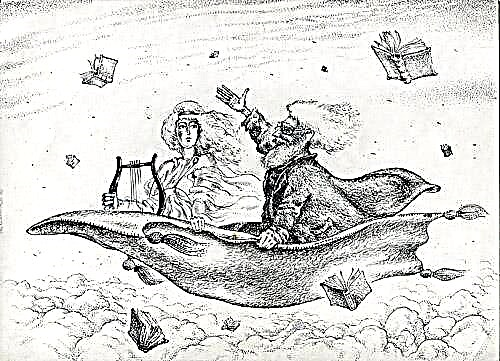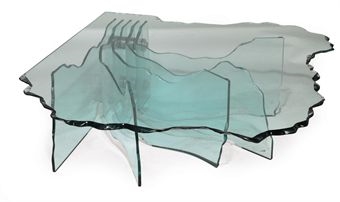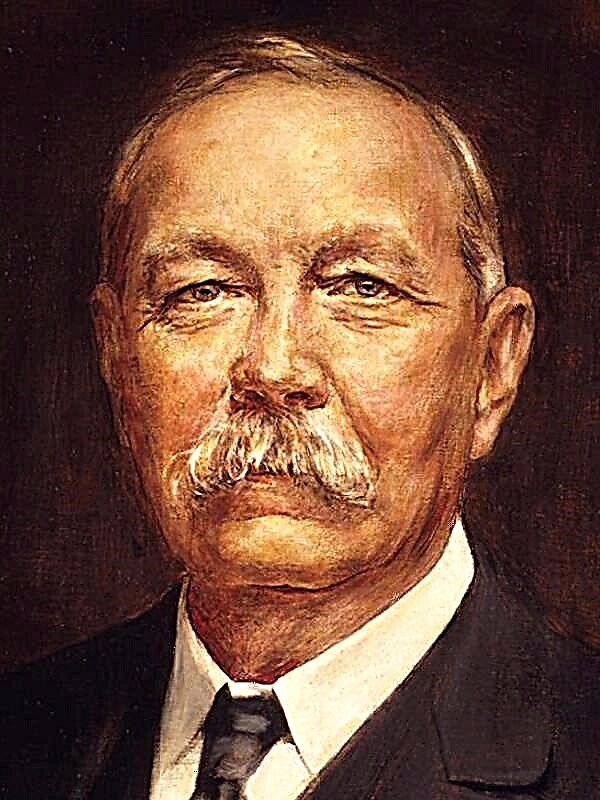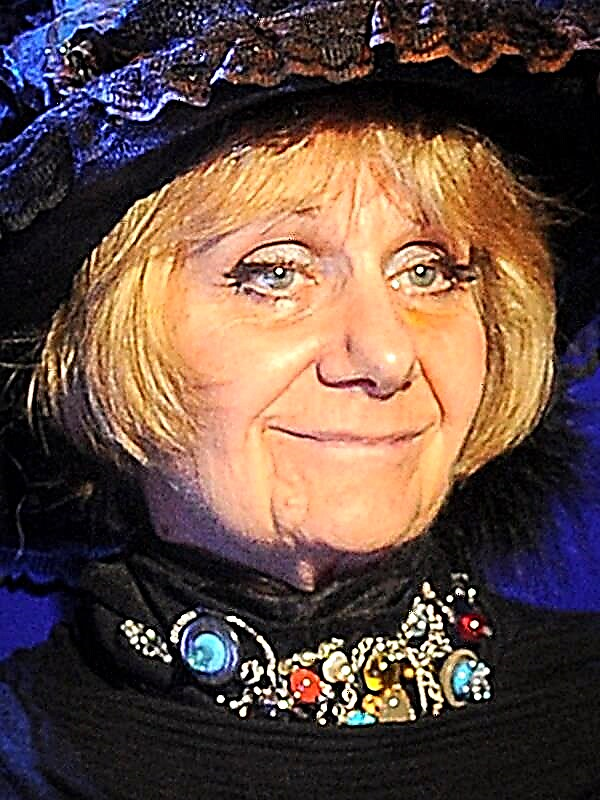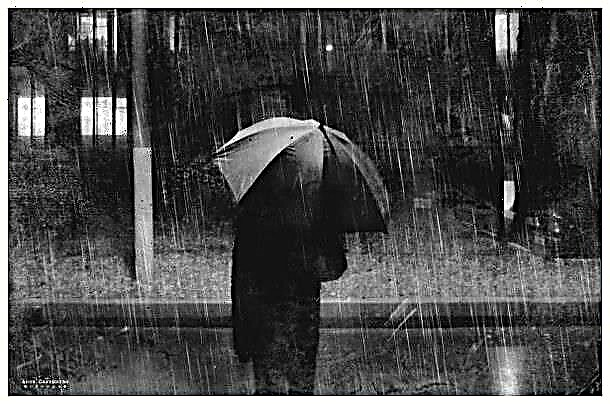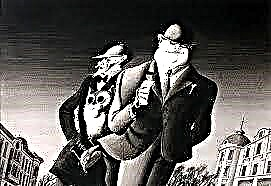The action of the story takes place in 1928. The narration is conducted in the first person; the narrator recalls his childhood many years later. Ten-year-old Sanka is an orphan: his father died in the Civil War, his mother died of typhus. He lives in the village of Kamyshinke with his aunt Yegorikha and uncle Ivan. Aunt Yegorikha, Tatyana Yegorovna, is not his aunt, but they love each other very much and they like the same thing: whisper at night, telling each other daytime news; slurping borsch from a bowl filled to the brim — otherwise it’s sad to eat; they love that everything interesting that happens in Kamyshinka lasts longer and do not like one-day holidays; love walks, accordion, round dances. Uncle Ivan, in the street - the Tsar, Sanka is brought by his uncle, he is the brother of his deceased mother, but he is not a worker, he is "crazy, crazy", and therefore they are probably the poorest in the village. Now Sanya understands that the aunt and the Tsar were husband and wife, but then it did not occur to him, and if he knew about it then, he probably would have left Kamyshinka, because such a - Tsareva - aunt would have become a stranger.
Maxim Evgrafovich Motyakin, in a street way - Momich, a neighbor of Sanka, aunts and the Tsar, helps them survive: he brings either flour, ham, or honey; in spring they plow a garden. Momich is a widow, he has an adult daughter, Nastya. Uncle Ivan does not like Momich, and Sanka notices that he plays pranks only when Momich is near: then he takes off his trousers and, turning his bare ass to his aunt, shouts loudly and quickly: “Dyak-dyak-dyak!”
Momich burned a clown (barn), which the Tsar secretly set on fire, angry again at her aunt. Momich does not succeed in putting out the clown, and they are building a new clown together with Sanka. From the top of the new cloak, Momich shows Sanka the world surrounding Kamyshinka: fields with shrubs of undergrowths, meadows and swamps, and further to the west - the endless battlement of the forest, which together with the sky, clouds and the winds blowing from there, Momich calls the strange word - Bryansk. This summer, Sanka and fifty-year-old Momich make friends.
Aunt Yegorikha is summoned to the village council, and, returning from there, she tells Sanka that she was chosen as a delegate from the entire Kamyshinka and will be taken to Lugan tomorrow by the village council. In Lugani, she was offered to move to a commune: “That's it, Sanya, under the wind pipes, and go to bed, and get up, and have breakfast, and have lunch,” the aunt says. The next day, a cart arrives for them, and at the last moment they decide to take the Tsar with them: “What will he be there to solicit?”
Life in the commune is not as wonderful as it seemed to Sanka with her aunt. There are beds on the ground floor of a two-story manor house in a large hall fenced with two rows of marble columns: women are sleeping on the right, men on the left, only nineteen people. Aunt appointed as a cook, and she cooks peas from morning till night - the only one I write communards. After some time, tired of the hungry communard life, Sanka offers her aunt to return to Kamyshinka, but her aunt believes that it is a shame to return. However, a few days later, Momich appears in the commune, and Sanka with her aunt, leaving the chest they brought with their uncomplicated good in the former noble house, secretly leave the commune on the Momichy cart. And a few days later the Tsar returns home.
On the fourth day of Shrovetide, the Kamyshin women leave for the church, from which they removed the cross the day before and put a red flag in its place. The women shout and make noises: they want the cross to be returned to their place, and suddenly Sanka, who also ran to the square, sees that a rider is rushing right from the village council to the women - this is police officer Golub, about whom they say that he is never sober. The women rush in all directions, and only the aunt remains standing in the middle of the square, raising her hands to the face of the pigeon's horse; the horse stands on its hind legs, a shot is suddenly heard, the aunt falls. Sanka with a cry "Golub aunt killed!" runs into the house to Momich, the two of them run to the square, and the sobbing Momich carries the body of her aunt on outstretched arms.
The next day, Momich and Sanka go to the cemetery and choose a place for the grave - under the only tree in the entire cemetery. Sanka with the Tsar, sitting in a sleigh on both sides of the tomb, go to the cemetery, Momich walks all the way. Returning from the funeral, Sanka hides all her aunt’s things and all things connected with her aunt in a chest. Living together with the King, they do not sweep the floor, can not stand slops, and the hut quickly becomes lousy.
A rushnyk is hanging under the window of the Momichy’s hut and there is a dish of water: the aunt’s soul will fly here for six weeks, and she needs to have something to wash and dry herself with. Momich goes somewhere every day, returns late. Then Sanka found out that Momich was looking for councils in Glub in Lugan, however Golub met him himself. One day, looking out the window, Sanka sees in the courtyard a cart and mounted police officers. When Momich was taken away, there were many rumors in Kamyshinka about his meeting with Golub, but no one knew what they were talking about. Only Golub appeared tied up in Lugani late at night, and the policemen found the Nagant and saber, broken into pieces, later in the Mare’s log.
Summer is coming. The king is ill. There is absolutely nothing in the house; the gardens are uncultivated. Sanka walks at night to the other end of the village to steal onions, and he and the Tsar eat it, dipping in salt. Once, having returned with the next portion of onions, Sanka still hears on the porch a numb silence in the house. Having laid onions in his bosom because of his bosom, he leaves the house and, having waited on a pasture of sunrise, leaves from Kamyshinka.

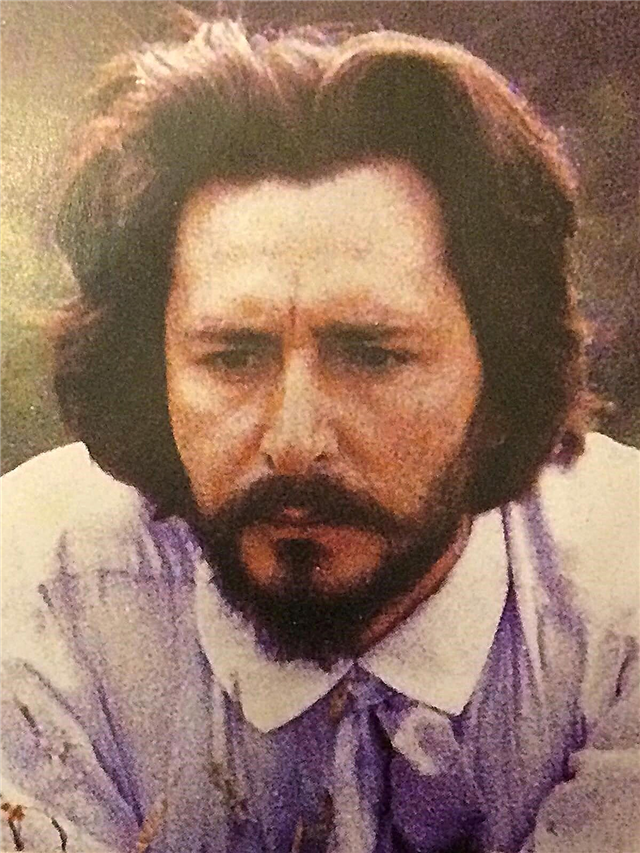
 The perfect sales machine
The perfect sales machine Hobbit
Hobbit
